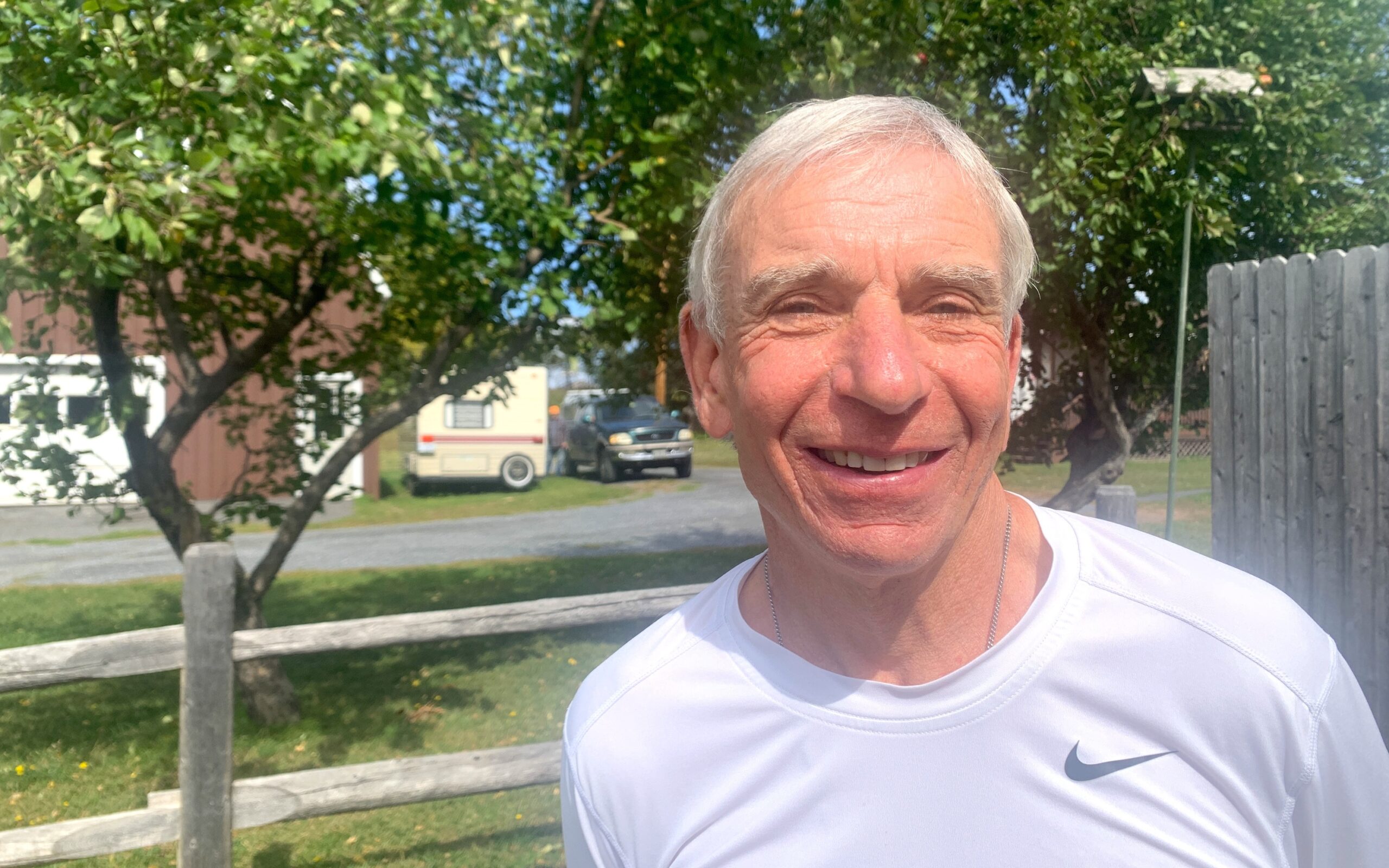
PRESQUE ISLE, Maine — Richard Hoppe of Portage Lake had spent decades working as a wildlife biologist in The County. Now retired, he wanted to find a way to give back. So he contacted The American Red Cross.
Hoppe left Aroostook County for New Orleans earlier this month, where he spent two weeks sheltering people forced to flee their homes because of Hurricane Laura. The hurricane had inflicted widespread damage in Louisiana and southeastern Texas beginning on Aug. 27, and is estimated to have caused 33 deaths and more than $10 billion in economic damage.
For two weeks, Hoppe spent up to 14 hours a day assisting about 365 evacuees in a New Orleans hotel as part of a team of four Red Cross volunteers. His primary job was to make sure residents had all of their food, housing and medical needs met.
Living thousands of miles away from Louisiana, Hoppe’s actions show how County residents can assist in efforts far removed from themselves. It also comes amid a hurricane and fire season that has caused untold destruction across the United States. Last week, the Red Cross said it needed new volunteers to deploy to crisis zones around the country.
Residents of southeastern Louisiana bore the brunt of the hurricane, with thousands becoming displaced and many losing their homes because of the strong winds from the Category 4 storm. Hoppe said the Red Cross had moved the evacuees east to more than 40 hotels across New Orleans.
While people forced to flee their homes were once put in mass shelters during crises — such as during Hurricane Katrina in 2005 when thousands sheltered inside the Louisiana Superdome — the COVID-19 pandemic makes such housing arrangements dangerous because of the potential spread of the virus.
About 1,200 disaster workers had deployed — either virtually or in-person — to help relief efforts related to Hurricane Laura when Hoppe left. He was the sixth Mainer to deploy there.
Having grown up in New Jersey and worked in various wildlife and land management jobs across the United States, Hoppe came to Aroostook County in 1988. He became the regional wildlife biologist at the Maine Department of Inland Fisheries & Wildlife office in Ashland.
Hoppe retired two years ago, feeling he wanted to take on other pursuits after decades with the agency. About eight months ago, looking for volunteer opportunities, someone suggested that he contact the American Red Cross.
Hoppe met with the agency, who signed him up with a training regimen in mass sheltering. American Red Cross volunteers must undergo lengthy humanitarian training sessions before deploying to crisis zones across the country.
Hoppe said the evacuees from Hurricane Laura were extraordinarily thankful and appreciative of the work the Red Cross was doing.
“I was amazed because here you have an evacuee who lost everything,” Hoppe said. “They had just the shirt on their back … But they were so kind, so gracious and supportive.”
Hoppe said the pandemic did not make his work any more difficult, though it did mean less interaction with the evacuees. He was required to wear a mask and social distance at all times.
Hoppe, who had never been to New Orleans, did get to explore the city with his team after shifts ended around 8 p.m., going out to dinner with teammates and traveling to the famous French Quarter.
New Orleans, once a thriving city with numerous tourists year-round, has been struck economically by the COVID-19 pandemic. Hoppe said he noticed few tourists roaming the streets and that many restaurants were closing early.
Hoppe said he found his volunteering experience deeply rewarding and hopes to receive new training to deploy again soon.
“I had a real feeling that I wanted to get out and serve and work with people,” Hoppe said. “This is one of the best ways that I saw that I could.”







